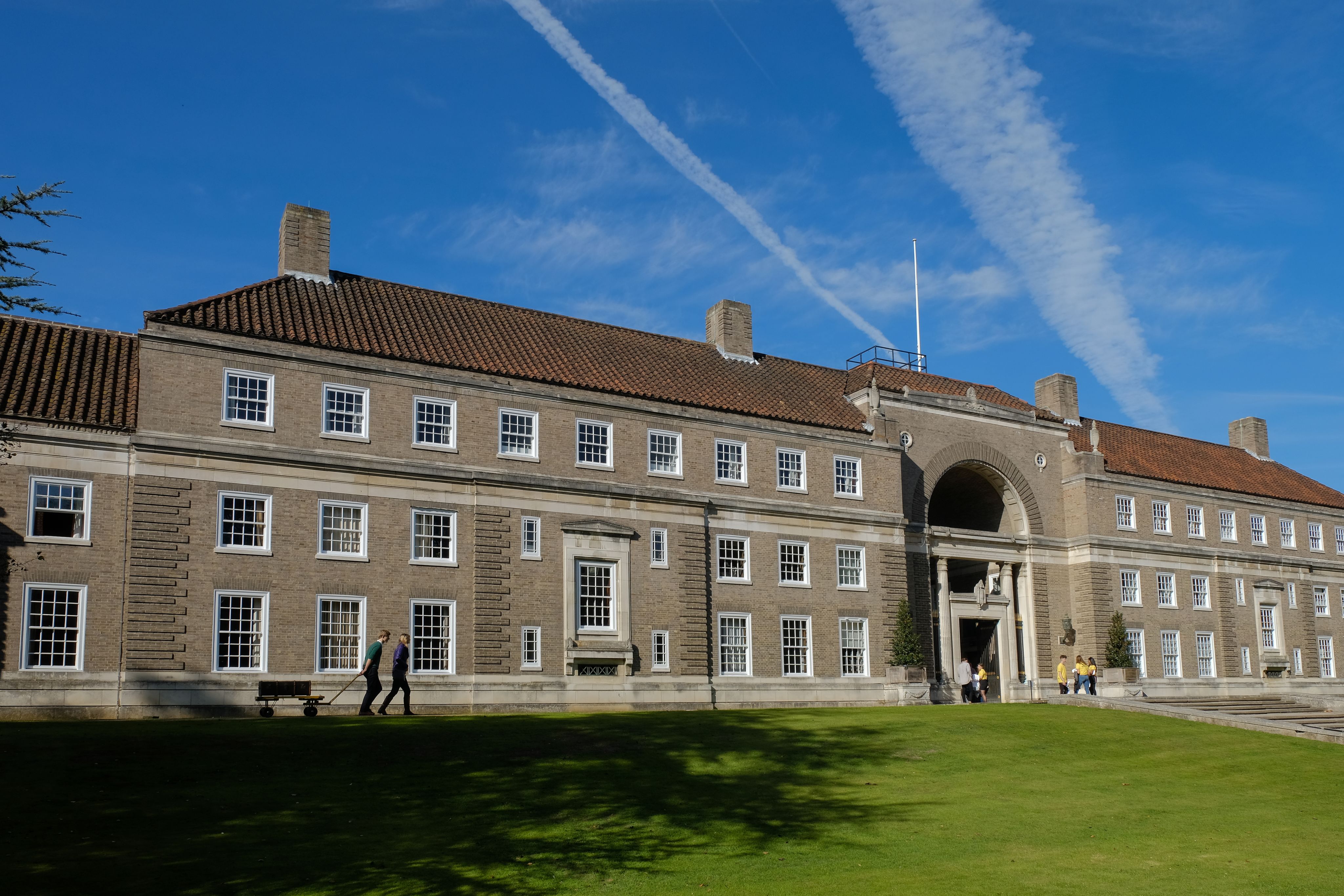Clare wins gold at the Green Impact Awards


Dr Jo Costin is Clare’s Buildings Administrator, who leads the College’s efforts in the NUS Green Impact programme.
Clare College has taken part in the Green Impact programme for the past seven years, since the scheme was opened to colleges, and every year it has won either a Gold or Platinum award. Last year was my fourth year of being involved. Green Impact is run by the NUS, and to date over 500 organisations have taken part. It uses an online workbook of sustainability actions, ranging from simple behaviours that many have already adopted (like using LED lightbulbs), through to running events and changing policies. There is also the opportunity to take part in an Excellence Project, which I will discuss further later.

For me, the best part of the scheme is collaborating across the whole College community of students, staff and Fellows to take measurable actions to improve the College’s sustainability. It’s not just about saving energy, or improving biodiversity, or reducing waste: actions also include supporting charities and community projects. One of the key themes running through all this is communication. I would be here a long time if I told you about all the actions completed last year, but below are some of the things the auditors picked up on, and my own highlights:
- The MCR freecycle cupboard, which allows outgoing graduates to leave behind useful things like pots and pans for incoming graduates. This is not just a great money saver for new graduates, it also reduces waste and the carbon footprint of continuously buying new. Measures were put in place to continue using it safely despite the pandemic, and it has been very successful.
- Using smart meters to provide targeted feedback and to closely monitor consumption. These are primarily on electricity meters in College, with a large number installed in January–February 2020, and have proved very valuable in helping to identify patterns in consumption. I was able to work with Clare Goes Green, a UCS society, to share a lot of this data with students at the Colony, and I have also used it to identify equipment that was running unnecessarily. If you have a smart meter at home, I recommend looking at what times you are using most energy, and thinking about appliances that are using power when not in use.
You might be surprised! - Green dining at Clare. While we were unable to hold Green Formals, where the menu is specifically crafted to reduce waste and encourage sustainability, in College this year the Buttery continues to implement Meat Free Mondays for staff, students and Fellows. Delicious vegan and vegetarian options now appear first on the Buttery menu every day to encourage individuals to consider reducing meat in their diet. (I’m a big fan of the halloumi burgers.)
During the next academic year, we plan to run an Excellence Project on electricity consumption across the various College sites. Along with monitoring consumption, we will test different methods of communicating with building occupants to compare impacts on electricity usage. The Excellence Projects run alongside the main workbook-based awards to recognise where in-depth work is carried out on a single issue. This will be my third attempt at running the project (previously thwarted by COVID-19) so we are keeping our fingers crossed for a successful outcome!
In the spirit of Green Impact, here are my top five sustainability suggestions:
- Reduce meat consumption, particularly beef and lamb
You don’t need to go the ‘whole hog’(!) and completely cut out meat and dairy to have an impact. Even eating one or two fewer meat-focused meals a week will help. You may also discover some delicious new vegan and vegetarian dishes. - Avoid the car
Sometimes it might make more sense to drive (or even be the only option, depending on where you live), but walking or cycling for shorter journeys can really help. - Turn down the heating
Think about not only what temperature you want the house (18–20°C is a comfortable range) but whether there are times of day you don’t need heating (when snuggled up in a duvet, for example). - Freecycle/upcycle/swap/charity shop
The fashion industry, in particular, is a massive polluter – in 2018 the global apparel and footwear industry produced more greenhouse gases than France, Germany and the UK combined. Like all my other suggestions, shopping second-hand can be a significantly cheaper option too. - Make space for nature
If you have a garden, I highly recommend leaving a small area of lawn uncut, opening a hole in the fence for hedgehogs (check with your neighbour first!) or thinking about what you grow. If you don’t have your own green space, there are lots of community gardening projects out there, and you might be surprised about what you can do with just a balcony.

